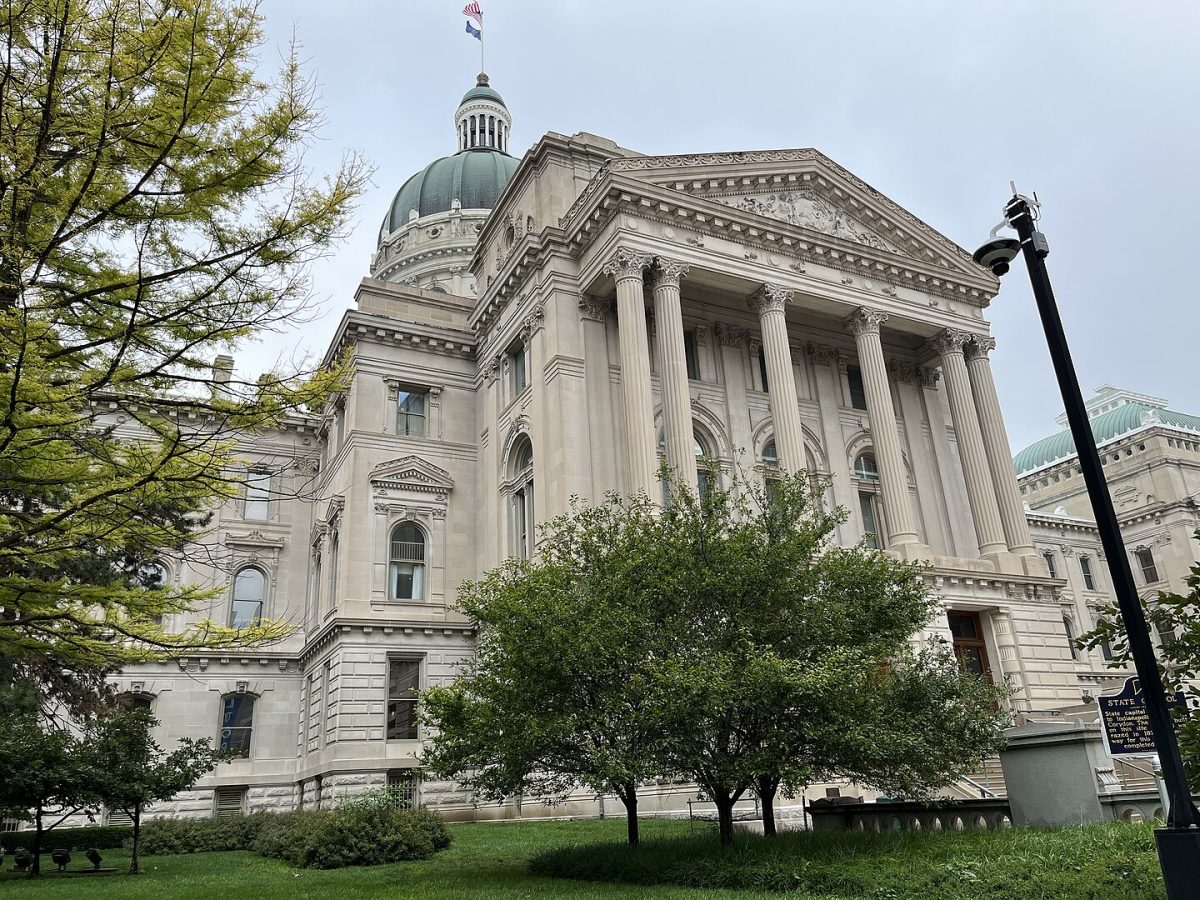Lawmakers in Indiana have proposed House Bill 1291, which replaces the term “gender” with “biological sex” in a certain law, defining a person’s gender based on their biological gender assigned at birth rather than the one with which they identify. The bill was proposed by Republican Representatives Chris Judy, Joanna King, Michelle Davis, and Robert Morris
The synopsis of the bill said, “Defines specific terms for purposes of certain statues that concern sex discrimination and benefits and services that are designated based upon sex. Provides exceptions. Replaces the term “gender” with the phrase “biological sex” in certain statutes in which the term is used to describe the condition of being physically male or female.”
This law was introduced on Jan. 9, 2024 and is currently pending within the House Judiciary Committee. If voted to be passed into law, it will likely be effective as of July 1, 2024.
In response to the implications of the new proposed bill, many LGBTQ activists have stepped up to voice their opinions about the new legislation.
“I worry whenever I see a slew of laws targeting people like me, I have friends in these states. I have family in these states. And it is distressing, to say the least,” said independent LGBTQ+ journalist, Erin Reed in an INTO interview.
Indiana has followed suit with their legislation along with other states, applying toward discrimination laws, removing previously established gender-based protections within the state that legally protect transgender citizens.
“[The Indiana proposal] is very similar to bills that passed in Russia in 2020 and Hungary in 2023,” said LGBTQ Legislation Tracker and Trans Rights Activist Allison Chapman directly to Truthout. “It’s incredibly disturbing, the major push that we are seeing to pass bills like this.”
As the legislation awaits further discussion and potential passage, many LGBTQ+ advocates, organizations and communities await Indiana’s decision.
It is not solely based on legal technicalities, but also the moral question of human dignity and equality. They may shape many rights, liberties, and societal definitions of many LGBTQ+ communities across the nation.












